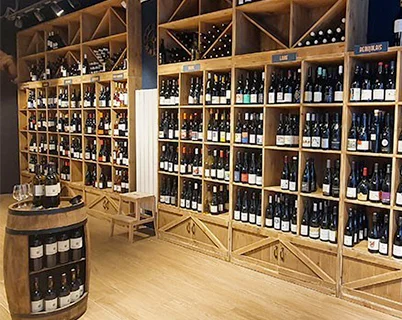Contact us on 05 46 94 15 94 Deliveries are available in France, Belgium and Luxembourg | Minimum purchase amount 500€ exc VAT
Menu
-
MenuBack
- Flash sales
-
Products
-
-
-
By profession
-
-
-
By profession
-
-
-
-
-
By product category
-
-
-
By profession
-
-
-
-
-
By product category
-
-
-
-
-
-
By product category
-
-
-
By profession
-
-
-
Business
-
- Destocking
- Second-hand
-
Customer projects
-
-
My layout project
-
3 tips for opening an eco-friendly business
Today, more and more people are sensitive to environmental issues. Whether in their private or professional lives, they want to take action. It is not too late to do so. Here are a few tips and actions to have an eco-responsible business.
Join over 2500 merchants who trust Tradis
Stay informed about our offers and professional advice
🕐 3 min of reading | Published on: 12/22/2022
Furnishing your shop ecologically
When you decide to furnish your shop, choose furniture made from natural materials such as solid wood. In addition to being a natural material, it is known for its strength and durability. For solid wood furniture to be eco-responsible, it is necessary that the wood used to manufacture the furniture comes from sustainably managed forests. Favour all furniture manufacturers using exclusively certified wood (FSC or PEFC eco-labels which are references in the field). In this context, choose furniture that preferably has solvent-free paints and finishes. By favoring solid wood furnishings, you are promoting responsible manufacturing.
For the decoration of your business, several options are available to you: second-hand, made in France, or homemade. The main thing is to minimize the distances that the decoration you choose for your eco-responsible shop travels, and to favor well-produced items. As a complement, use green plants. They will purify and refresh the air inside your shop. It is known that they also absorb some of the CO2 in the air.
Ecologically designing a business also means choosing the right lighting and doing the right things. Did you know that the lighting in a shop represents 25 to 50% of an electricity bill? To reduce this bill, here are some tips:
- Carry out a lighting diagnosis
- Use dimmers
- Replace halogen lamps with LED bulbs
- Remember to turn off the light when there is no one in the room
- Dust your lighting at least twice a week
- Turn off lights and illuminated signs at night
- Turn off unused electronic devices
_11zon.webp)
Favouring an eco-responsible product offer
The eco-responsibility of a business can be felt in the products you offer your customers. Give preference to local suppliers such as farmers, winegrowers, market gardeners, etc. These products are harvested with respect for the environment and in the art of farming. Making your offer with local suppliers means opting for the short circuit by minimizing the transport of the goods. You will reduce the number of intermediaries while offering your customers fresh, carefully grown and produced seasonal products at the right price. Faced with increasing consumer demand for better quality products at the right price, your offer will be coherent and relevant to your customers.
This is the case of "l'Epicerie de Sandrine" in the 77 region. Sandrine has chosen to promote local and regional products.
Having responsible products means selecting goods in short circuits, with good packaging and the least amount of packaging. This also applies to the bag provided at the checkout to carry these newly purchased items. There is a need to restrict the distribution of checkout bags, as they are not used for more than 30 minutes and are often badly recycled. This can be done by charging for them, or by opting for environmentally friendly bags such as kraft bags or totes bags, in line with your brand. You can encourage bulk buying, if the products you offer allow it. You can also set up a deposit for glass jars with your suppliers, by returning your customers' empty jars to them after consumption of the product, for example.
In stock
Make-to-order
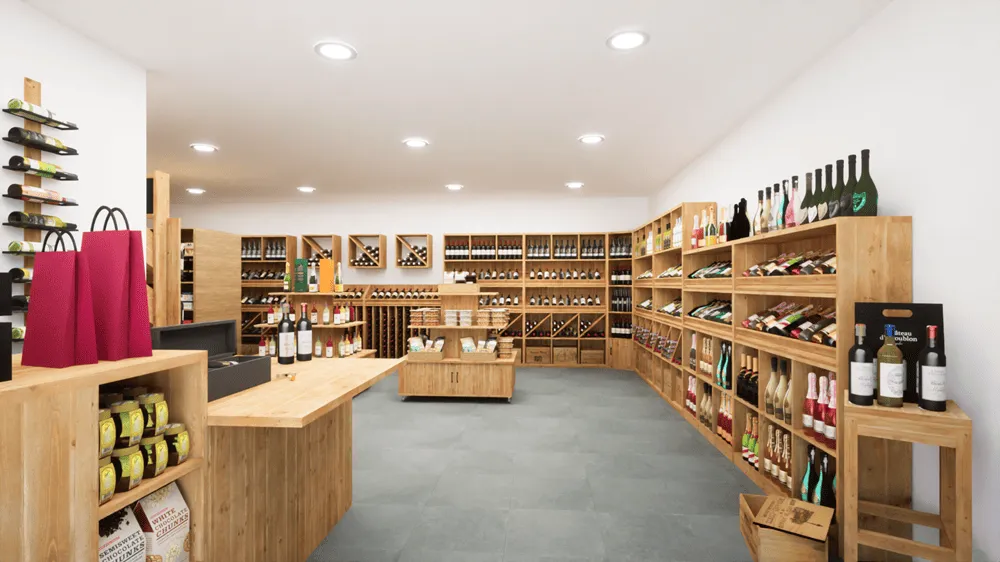
Do you have a layout project?
If you wish to furnish your commercial space, our team will provide you with personalized support throughout your project.
Reducing waste
Finally, having an eco-responsible shop means reducing waste. Indeed, this requires the participation of everyone: both your staff and your service providers, if you have any. Train and inform them about the actions to be taken, the behaviors to be avoided, but also about the environmental and economic costs that poor waste management can have. This will raise your teams' awareness and inform them of the eco-actions to adopt:
- Separate packaging and non-recyclable waste
- Flatten cardboard boxes to reduce the space taken up in the bins
- Favour bulk supplies and negotiate with the supplier to take back the packaging and/or reduce the over-packaging of products
In addition, if you sell perishable goods, do not throw them away once the best-before date has passed. Once this date approaches, create baskets that you can sell at low prices to avoid throwing them away. You can also sign up to apps such as Too Good To Go, which allows shopkeepers to post their baskets for people to buy at low prices.
Our articles to explore the topic further
Join over 2500 merchants who trust Tradis
Stay informed about our offers and professional advice






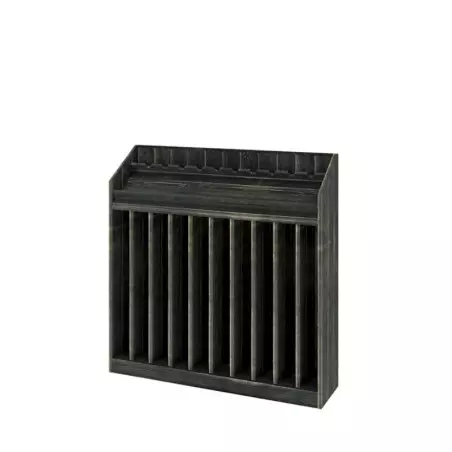
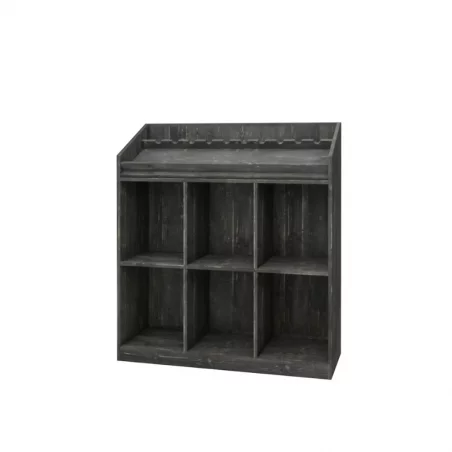
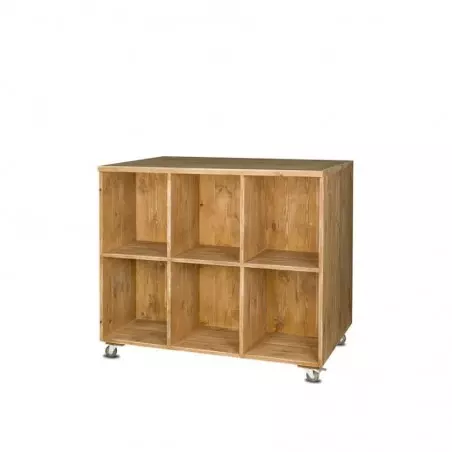



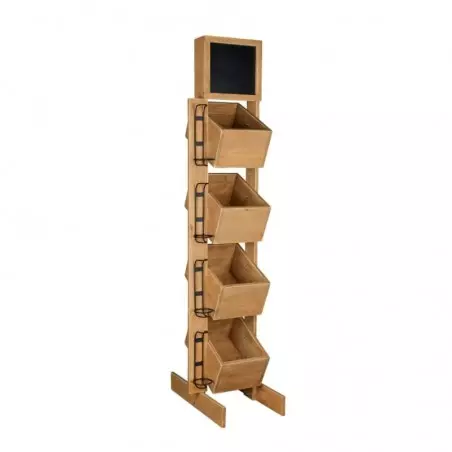

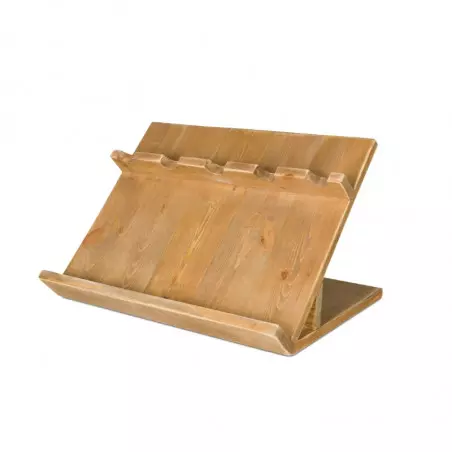



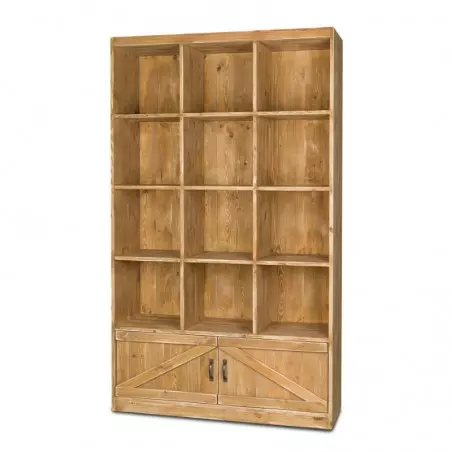

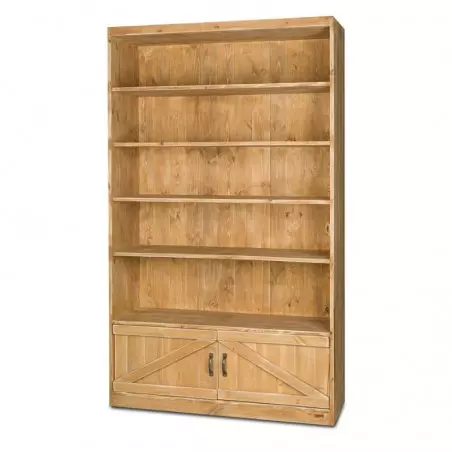



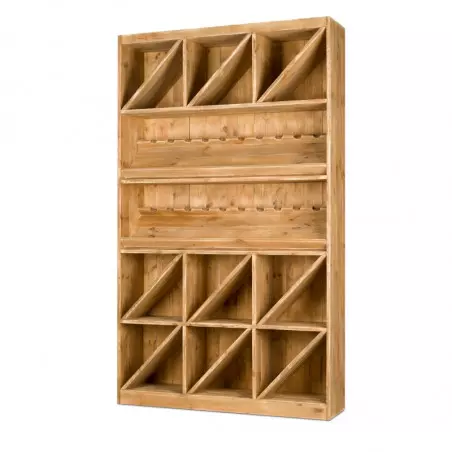

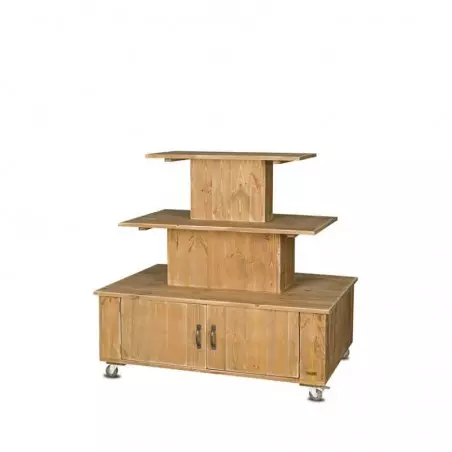

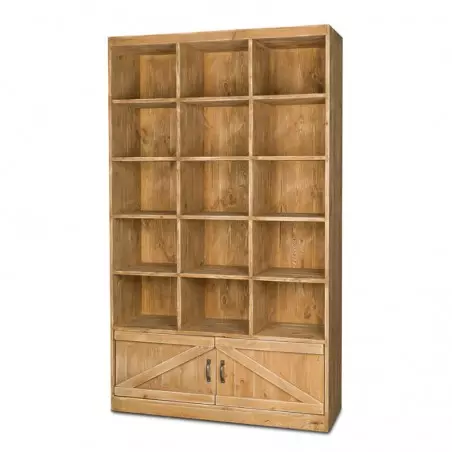

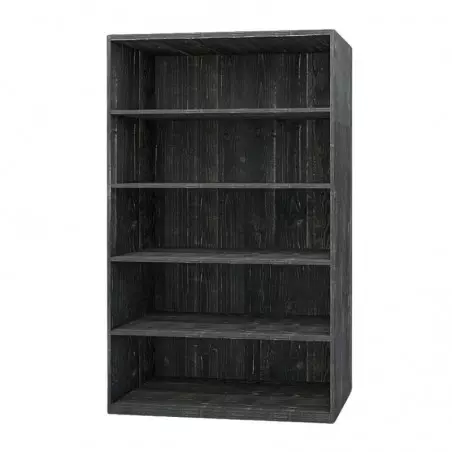

_11zon.webp)
.webp)
